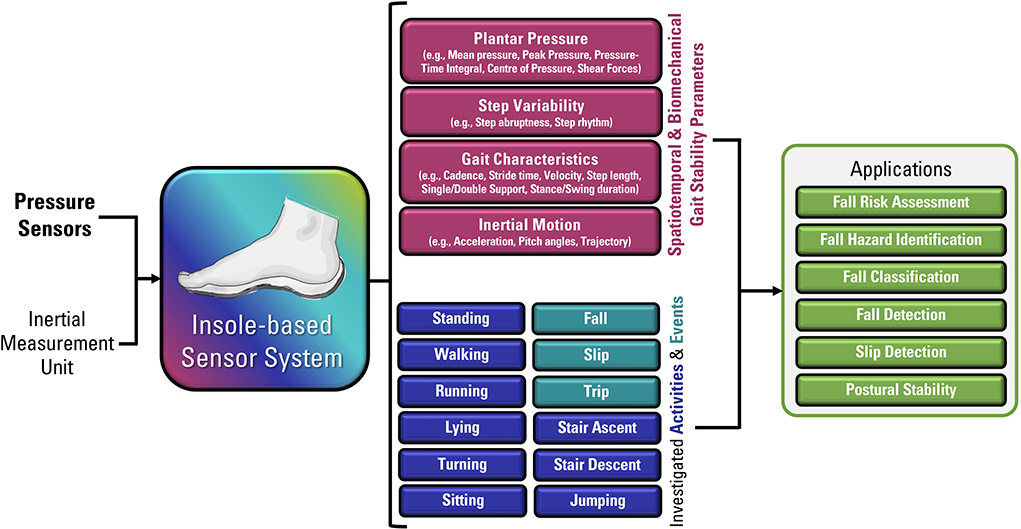The 10-Minute Rule for Dementia Fall Risk
The 10-Minute Rule for Dementia Fall Risk
Blog Article
The 7-Minute Rule for Dementia Fall Risk
Table of ContentsAn Unbiased View of Dementia Fall RiskUnknown Facts About Dementia Fall RiskThe Ultimate Guide To Dementia Fall RiskOur Dementia Fall Risk StatementsThe Only Guide for Dementia Fall Risk
You could be nervous due to the fact that you have actually had an autumn prior to or due to the fact that you have actually discovered you're starting to feel unsteady on your feet. You could have observed changes to your health and wellness, or just seem like you're reducing a little. Whatever the reason, it isn't unusual to end up being careful and lose confidence, and this can stop you doing the important things you made use of to do and make you really feel more isolated.If you have actually had a fall or you have actually started to feel unsteady, inform your physician also if you feel great otherwise. Your medical professional can inspect your balance and the means you walk to see if enhancements can be made. They may have the ability to refer you for a drops threat assessment or to the drops prevention solution.
This info can be obtained with interviews with the individual, their caregivers, and a review of their medical documents. Begin by asking the specific about their background of drops, consisting of the frequency and situations of any kind of current drops. Dementia Fall Risk. Ask about any flexibility problems they might experience, such as unsteady or problem walking
Conduct a thorough evaluation of the person's medicines, paying particular attention to those understood to increase the threat of drops, such as sedatives or medicines that reduced blood stress. Identify if they are taking several medicines or if there have actually been recent modifications in their drug routine. Assess the person's home environment for prospective dangers that could enhance the threat of drops, such as poor illumination, loosened rugs, or absence of grab bars in the washroom.
The Best Guide To Dementia Fall Risk
Guide the individual with the fall risk analysis kind, discussing each question and videotaping their feedbacks properly. Guarantee that the specific comprehends the function of the evaluation and feels comfy supplying straightforward answers. Determine the complete risk rating based on the actions provided in the assessment form. Figure out the person's threat classification (reduced, tool, or high) based upon the complete rating and the presence of automatic risky status aspects.
This strategy might include workout programs to improve stamina and balance, medicine adjustments, home adjustments, and references to other experts as required. Routinely keep track of the person's progress and reassess their risk of falls as required. Customize the care plan based on changes in their health status or home atmosphere. Provide continuous education and learning and assistance to promote safety and decrease the danger of drops in their daily living activities.
Many studies have revealed that physical treatment can assist to minimize the threat of falling in grownups check out here ages 65 and older. In a brand-new study (that checked out falls danger in females ages 80 and older), scientists computed the financial effect of picking physical therapy to stop drops, and navigate to this website they located that doing so conserves $2,144, including all the covert costs of your time, pain, missed life events, and the dollars spent for solutions.
10 Simple Techniques For Dementia Fall Risk
Examining your equilibrium, toughness, and walking ability. A home security evaluation. Based on the examination results, your physical specialist will certainly design a strategy that is tailored to your specific requirements.
Older adults that have difficulty walking and speaking at the very same time go to a greater threat of dropping. Dementia Fall Risk. To help raise your safety and security during everyday tasks, your physical therapist might make a training program that will certainly challenge you to preserve standing and walking while you do one more job. Instances consist of strolling or standing while counting backward, having a conversation, or lugging a bag of groceries
Your physiotherapist also can identify which tasks you should avoid to stay risk-free. Community-based drops avoidance programs help individuals to: Reduce their fear of falling. Set goals for boosting their exercise. Make their homes safer. Work out extra to raise their toughness and equilibrium. anchor These programs commonly are led by volunteer trainers.
7 Easy Facts About Dementia Fall Risk Explained

Measles, or rubeola, is a highly transmittable, acute viral contagious condition created by the measles virus. Some individuals assume of measles as simply a breakout and high temperature that gets rid of up in a couple of days; nonetheless, measles can trigger severe health difficulties, specifically in kids younger than 5-years-old. The finest security versus measles is the measles, mumps, and rubella (MMR) vaccine.
Autumns are an usual cause of injury among older grownups.
Not known Factual Statements About Dementia Fall Risk

She has no background of falls, her stride is constant, and she voids with no concerns. The previous nurse states that she calls for support to the shower room when she needs to go.
Examples of typical loss interventions/measures include: Making sure a person's crucial items are within reach. Beyond understanding exactly how to make use of the Johns Hopkins Autumn Risk Assessment Device, it's important that centers integrate its usage into a more detailed autumn avoidance strategy.
Report this page